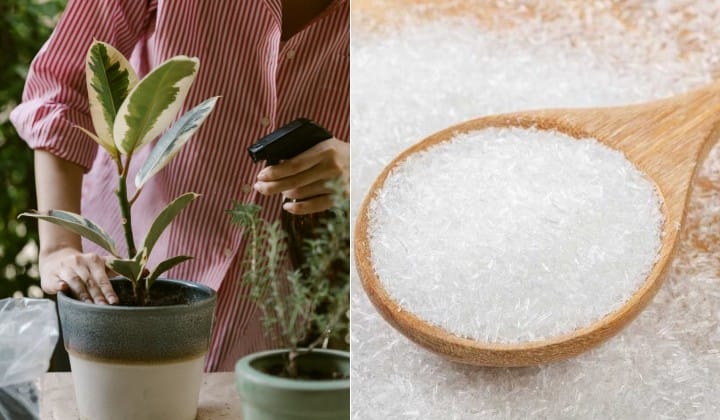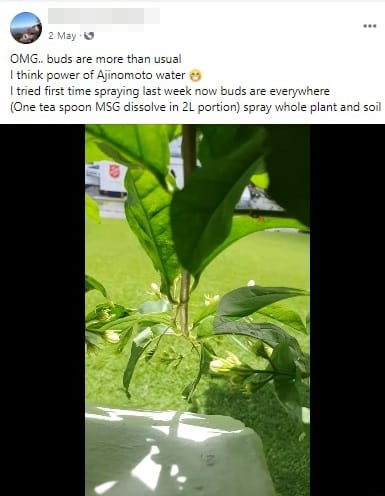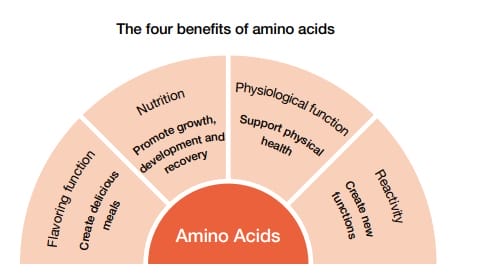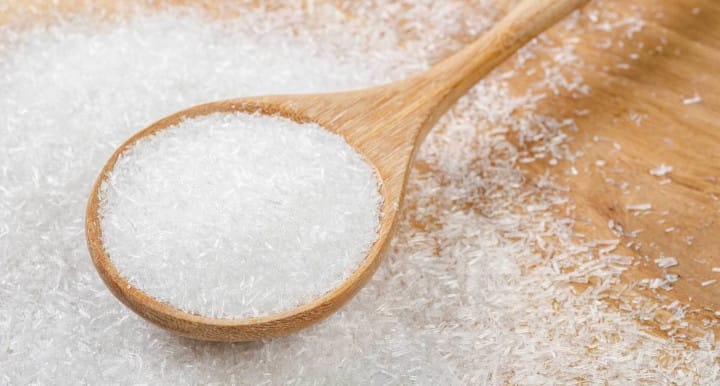What? MSG For Plants May Actually Be Good For Them?
MSG contains the essential nutrients for healthy plant growth, but too much may also harm it.

Subscribe to our Telegram channel for the latest stories and updates.
Remember the plant-demic? A time when plant buying was all the craze in Malaysia after coronavirus restrictions fuelled demand for it.
Now with the plant-demic dwindling and we are slowly getting back to our routine life, our plants may face their untimely demise due to neglect.
So sad.
But if the pandemic did genuinely turn you into a true plant parent, then it’s time to pot it like it’s hot and up your plant game with Monosodium glutamate otherwise known as MSG.
Yes, that MSG that you use as a popular seasoning and flavour enhancer – considered essential in most Asian kitchens.
Flavour to your food, food to plants
While some (uncredible) claims have been made against the use of MSG in cooking, garden hobbyists and even some farmers in this region are using MSG as a plant fertiliser.

In popular Facebook group Home Gardening Singapore, users have also been sharing their experiences with the food additive with reports it managed to bring life back to dying plants, helped produce more buds, and overall produced healthier looking plants.
A cheaper, better, and safer organic fertiliser alternative
According to Mazlan, gardening veteran for over 55 years, MSG has grown in popularity and use as an alternative plant fertiliser.
He says that it is most likely due to its high content of nitrogen, phosphorus, and potassium.
MSG also has trace elements such as ammonium, sulfate, calcium, magnesium, organic matter, and a variety of amino acids which are needed for plant growth.
Each nutrient plays a specific role:
- Nitrogen – creates food for the plant through photosynthesis.
- Phosphorus – encourages root growth while increasing the uptake of other nutrients. They are also bloom boosters.
- Potassium – makes your plants grow fast and regulates the metabolic processes required for fruit and seed development.
- Amino Acids – can make the crop robust and improve crop resistance.

(Credit: Ajinomoto)
A scientific study about the impact of MSG as a plant nutrient has also confirmed that it aids in plant growth.
When you use any MSG, your plants grow better with more flowers and fruits. It improves plant nutrition, accelerates growth, and strengthens plant antibodies.
Mazlan A, veteran gardening hobbyist via Dengarden
In fair amounts

Before dowsing your plants in MSG, remember only a fair amount is beneficial as a fertiliser.
Too much of it may cause leaf burns, scorching and killing the leaves’ outer edges.
Applying MSG to plants
For small plants and those that are less than a year old, mix 1 to 2 tablespoons of MSG to 5-litre water. Apply once every two weeks.
For bigger plants and those that are more than a year old, mix 5 tablespoons of MSG with 1-litre water. Apply once every two weeks.
The mixture can be used as a spray, or you can apply it directly to the soil.
Mazlan says ideally this should be applied in the late evening.
Can I just use salt? Short answer, no because sodium in MSG is sodium glutamate and sodium ribonucleotide and not sodium chloride or NaCl- the chemical formula in salt and harmful to most plants.
Have you tried MSG on your Plants? Share your thoughts with us via TRP’s Facebook, Twitter, and Instagram.
Former advertising mad woman - turned mother to an amazing little girl born 3 months early - and now a returned writer. Also a textbook ambivert with no clue about today's pop music but a walking encyclopedia of music from the 80s and 90s.




